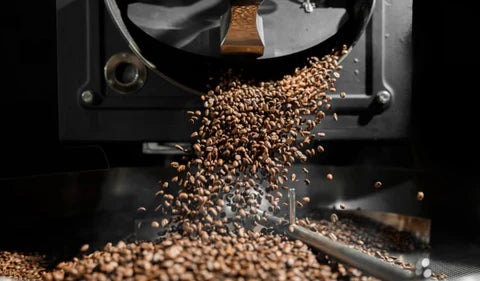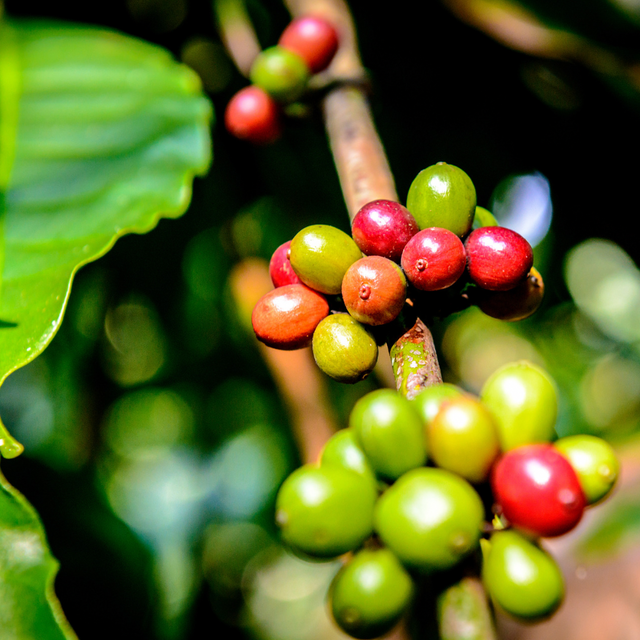In recent years, the term "specialty coffee" has gained significant traction in the world of caffeine enthusiasts. But what exactly is specialty coffee, and how does it differ from the regular coffee many of us grew up drinking?
Understanding Specialty Coffee
Specialty coffee refers to the highest quality coffee beans that are cultivated, processed, and brewed with meticulous care. To be classified as specialty coffee, beans must score 80 points or higher on a 100-point scale set by the Specialty Coffee Association (SCA).This grading system takes into account various factors, including the coffee’s flavour, aroma, acidity, body, and aftertaste. Specialty coffee beans are often sourced from specific regions known for their unique growing conditions, and they are usually single-origin, meaning they come from one specific location. Here at Flat Cap, we pride ourselves on sourcing only the best specialty coffees for our customers.
The Production Process
One of the primary distinguishing features of specialty coffee is the rigorous quality control exercised throughout its production. Here’s a brief overview of the process:
- Careful Sourcing: Specialty coffee is sourced from particular farms that practice sustainable farming methods. The farmers often focus on small-batch production, which allows them to maintain quality and experiment with different growing techniques. The beans are grown in ideal climates and at higher altitudes, with expert farmers focusing on soil quality and harvesting techniques.
- Processing: After harvesting, the beans are processed with great attention to detail—methods such as washed, natural, or honey processing can significantly affect the flavour profile.
- Roasting: Unlike regular coffee, which is often roasted on a large scale with uniform profiles, specialty coffee is typically roasted in smaller batches. This allows roasters like us to highlight the unique characteristics of each bean.
- Brewing: Specialty coffee is brewed using methods that maximise flavour extraction, such as pour-over, Aeropress, or Chemex. Baristas often take extra steps to ensure that water temperature, coffee-to-water ratio, and extraction time are precise.
Why is Specialty Coffee Different from Regular Coffee?
- Quality: The primary difference lies in the quality of the beans. Regular coffee beans may be a blend of various low-quality beans, while specialty coffee consists of carefully selected, high-quality beans.
- Flavour Complexity: Specialty coffee tends to have a wide range of flavour profiles, showcasing the unique characteristics of the region from which the beans are sourced. You might taste fruity undertones, floral notes, or nutty flavours that are not typically found in regular coffee.
- Sustainability: Many specialty coffee producers focus on sustainable, ethical farming practices, supporting the communities they work with. This contrasts with regular coffee production, which may rely on less sustainable methods.
- Brew Experience: Specialty coffee invites consumers to engage in the brewing process, often encouraging them to experiment with different methods and techniques. This hands-on approach adds a dimension of craft and artistry that is often absent from regular coffee.
Conclusion
In summary, specialty coffee represents a world of flavour, quality, and dedication to the craft that sets it apart from regular coffee. As coffee drinkers increasingly seek unique and high-quality experiences, specialty coffee continues to rise in popularity. Whether you're a seasoned coffee connoisseur or just beginning to explore the nuances of that beloved cup, understanding specialty coffee allows you to appreciate the care and effort that goes into your morning brew. So next time you're sipping on a cup of specialty coffee, take a moment to savour not just the flavour, but the entire journey as every cup holds a story!
More stories

Why Buy Specialty Coffee From a Roaster?

